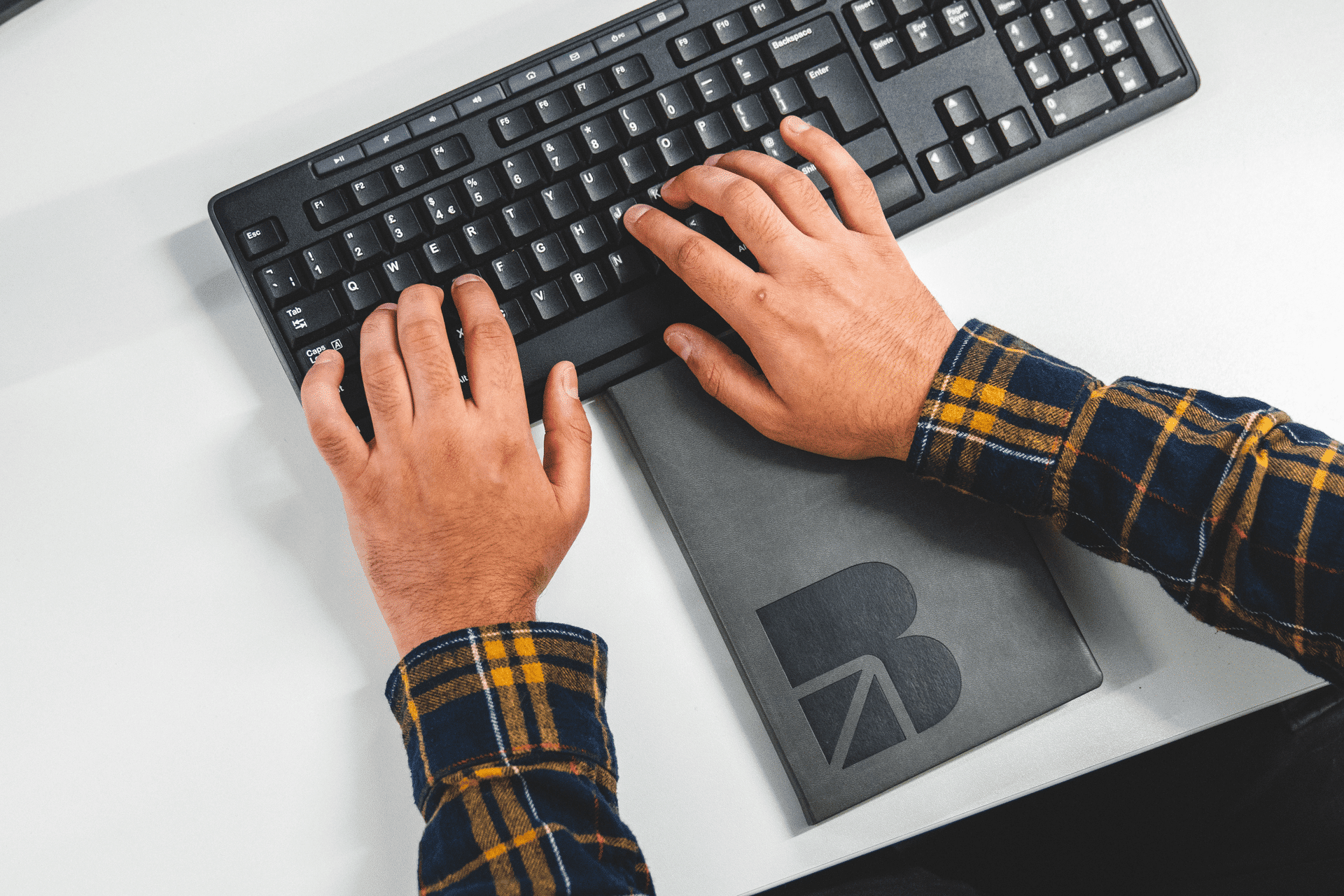
Seven Tax-Saving Tips for Creative Businesses
6 September 2023 | 5 min read
Author: Tom Dovaston, Accounts Executive
Running a creative business is often an exhilarating journey, filled with artistic expression and innovation. But alongside all the creativity, it’s vital to manage your finances and taxes efficiently. The good news is that creative businesses in the UK can benefit from unique tax-saving opportunities. Let’s take a look at seven ways to boost your financial efficiency:
1. Incorporation.
To operate as a sole trader or a limited company? It’s an important question. Incorporating as a limited company can offer significant tax advantages. Limited companies enjoy lower corporate tax rates and various deductible expenses, helping you retain more of your hard-earned income. Moreover, limited liability protection can safeguard your assets if you face financial difficulties.
2. Creative industry deductions.
The British tax system recognises the unique expenses faced by creative businesses. You can claim deductions for expenses related to your artistic endeavours, such as art supplies, equipment, studio space rent, and even courses that enhance your creative skills. Keep meticulous records of these expenses to ensure accurate deductions during tax season.
3. Research and development (R&D) tax credits.
Creative businesses are at the forefront of innovation, constantly pushing boundaries and experimenting. The UK government offers R&D tax credits to reward companies investing in research and development activities. Whether you’re a designer, writer, filmmaker, or other creative professional, you could be eligible for substantial tax relief on R&D expenditures.
4. Creative industry reliefs.
The UK offers specialised tax reliefs for creative industries, such as Film Tax Relief (FTR), Animation Tax Relief (ATR) and High-end Television Tax Relief (HTR). If your business engages in film production, animation or high-end television production, these reliefs can provide valuable financial incentives. Correctly understanding the eligibility criteria and documentation requirements is important.
5. Simplified accounting.
If your business’s annual turnover is under the VAT threshold (£85,000), you can use the ‘cash basis’ for accounting. This simplified method lets you record income and expenses when received or paid, making your accounting process more straightforward and potentially reducing your tax liability.
6. Working from home deductions.
Many creative professionals work from home. If you use a dedicated space in your home for business purposes, you can claim a portion of your household expenses, such as rent, utilities and internet, as business deductions.
7. Income smoothing.
Creative businesses often experience irregular income flows due to project-based work. However, it’s possible to use accounting techniques to smooth out income fluctuations. By spreading income across different tax years, you may benefit from lower tax rates and manage your cash flow more effectively.
So, as you can see, as a creative business owner in the UK, it’s possible to marry your passion with sound financial management. By leveraging these tax-saving tips, you can navigate the complexities of the UK tax system, giving you more time, money and energy to focus on what you do best.
If you need help implementing these strategies or want expert guidance on managing your business’s finances, don’t hesitate to talk to us at BAND. Our team of experienced professionals love helping creative businesses thrive financially, leaving you to focus on unleashing your creative potential.
Let’s Talk
Tel: 020 8138 5560
Email: hello@weareband.co.uk
111 Charterhouse Street,
London, EC1M 6AW

